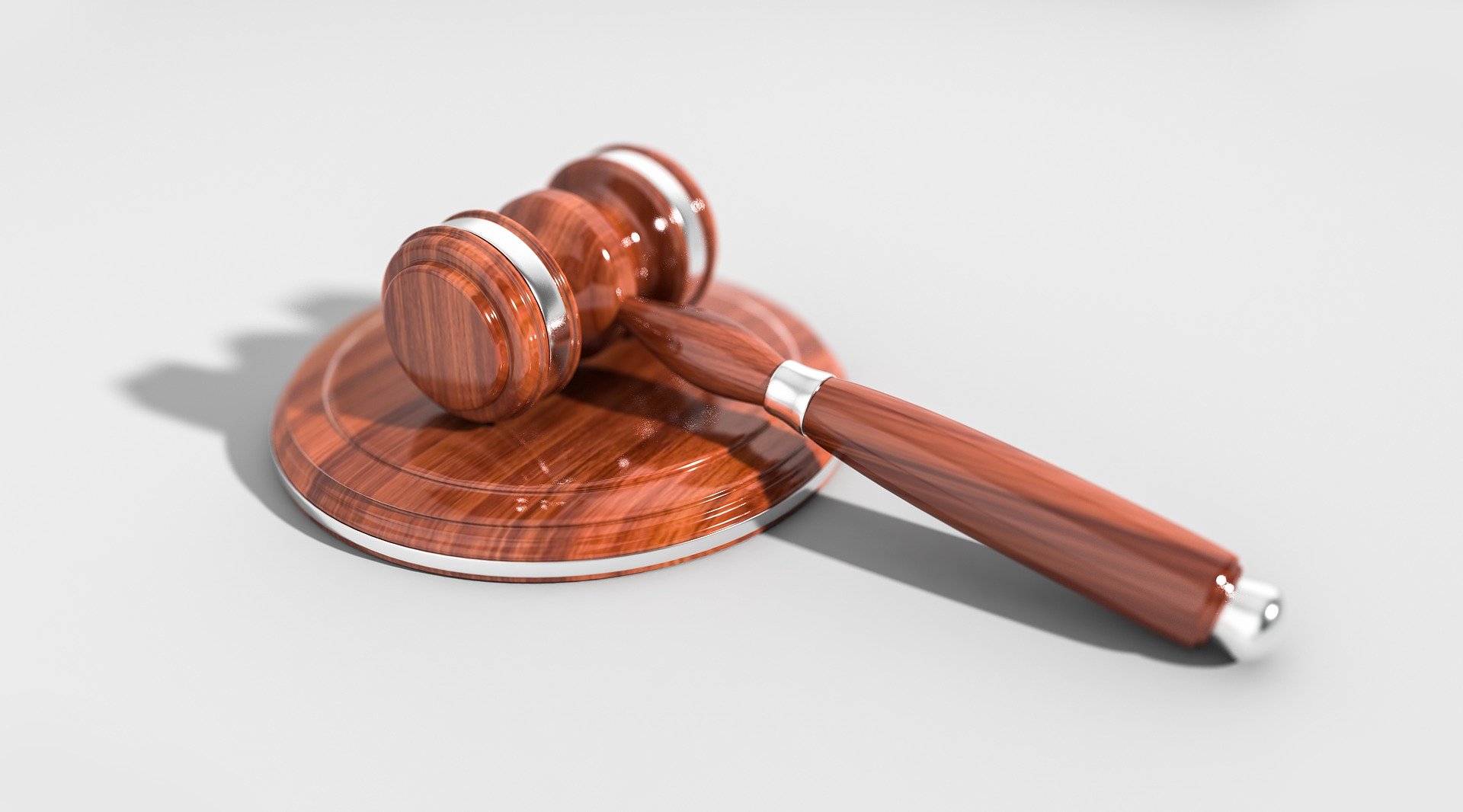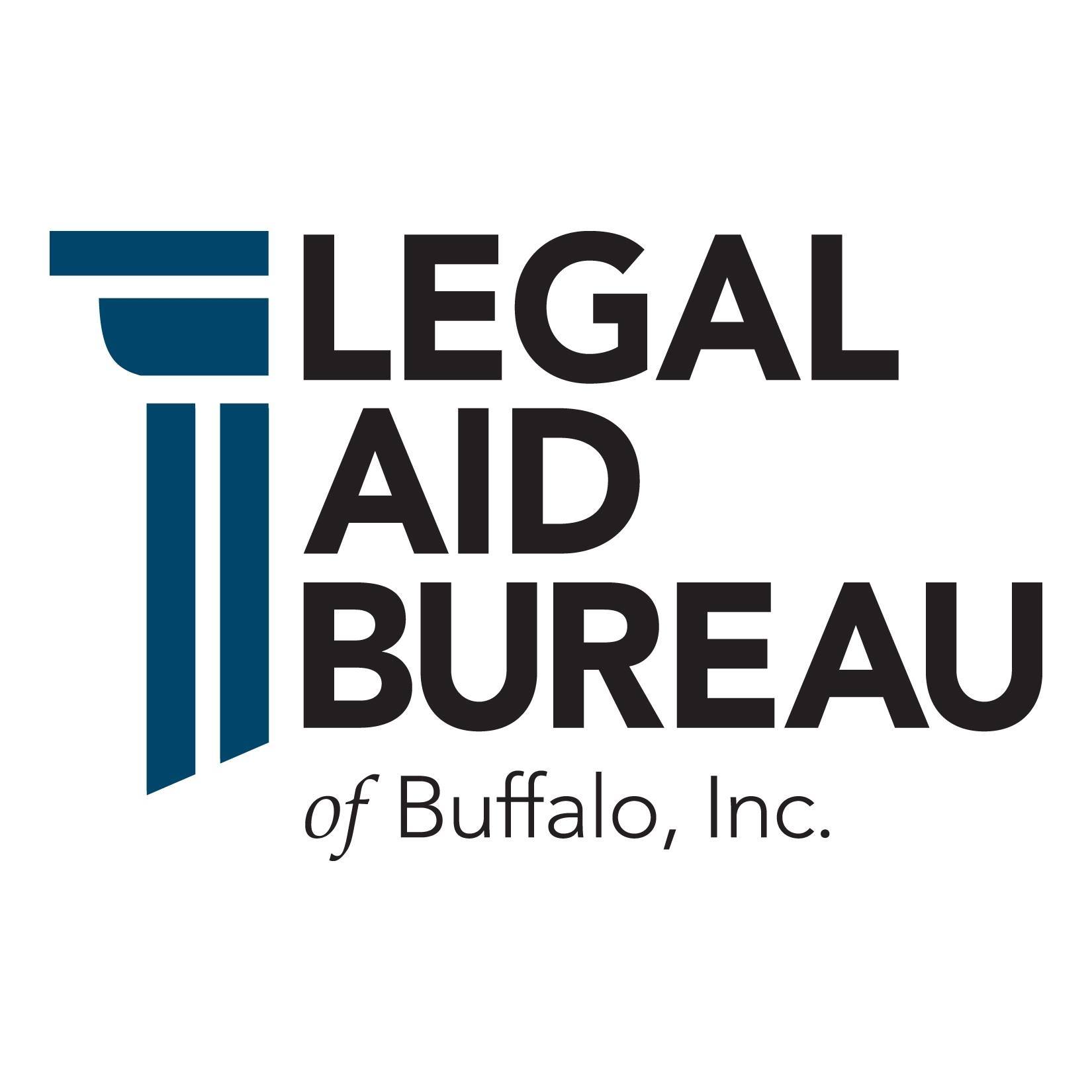Opiate Treatment Court FAQs
Please continue to watch this space as we continue to add more information.

Opiate Treatment Court FAQ
Which judge is in charge of Opiate Treatment Intervention Court?
Judge Heneghan, in Part 7 of Buffalo City Court.
Is there a court coordinator?
Yes, Brooke Crouse, who can be reached at (716) 845-9351.
What is a court coordinator?
The court coordinator is there to help manage treatment and act as a liaison between treatment providers and court proceedings.
Is there a Case Manager?
Yes, Megan Carroll, who can be reached at (716) 909-8575.
What does a Case Manager do?
Assists with the other necessities of life that allow treatment to proceed: housing, transportation, health issues, school and work issues, etc.
What is the purpose of Opiate Treatment Intervention Court?
The court is designed to stabilize opiate users mainly through the use of medically assisted treatment and daily reporting to court. Some clients continue on to long-term treatment through Drug Court. Although most complete their criminal cases with a disposition in OTC and a period of compliance.
What is an opioid?
The term opioid is largely used to describe both opiates and opioids. However, there is a notable difference between the two. Both opiates and opioids are highly addictive and can make an individual susceptible to dependence and addiction.
What is an example of opiates?
The term opiates technically refers to any drug derived from the opium poppy plant. While some opiates are used in medical practices for pain relief, others are considered Schedule I drugs, or drugs with no acceptable safety use. Opiates include: Opium, Morphine, Codeine, and Heroin.
What is an example of opioids?
The term opioids refers to any drug that produces a similar effect to an opiate. These drugs are often synthetic or partially synthetic. Sometimes, addiction treatment centers use synthetic opioids to treat opiate addiction. Much like opiates, opioid use runs the gamut from medically acceptable to illicit. Opioid drugs include: Methadone, Percocet, Vicodin, Demerol, and Oxycodone.
Does OTC treat both opiate and opioid addiction?
Yes.
How do I get to OTC?
When a case first gets arraigned before any judge in Buffalo City Court, those who meet criteria for OTC will be screened for the court and their cases will be transferred for additional screening to OTC and to see is they wish to voluntarily participate in the program.
What is the criteria to be appropriate for OTC?
Individuals who struggle with opioid addiction, those who have previously been in OTC, or cases where opiates are involved.
Are there any cases that OTC will not accept?
Domestic violence appropriate cases where the parties were or are intimate partners, as opposed to parent-child cases, those may be appropriate. High-level felonies or felonies where an individual is in custody and a felony hearing has not been run yet, or where the DA’s office objects.
What is the difference between Opiate Treatment Intervention Court and Drug Court?
Opiate Treatment Intervention Court is typically a pre-plea court. If screened for OTC, you will be able to see a judge right away, and your criminal case will be put on hold while you get treatment. Drug Court is typically a post-conviction court. Drug Court is a court that your case can be transferred to if you take a plea or if you are convicted after a trial. There are circumstances that will allow your Drug Court case to be transferred to OTC for monitoring, if you present with an opiate addiction during your time in Drug Court.
What happens when I first get to OTC?
If your case is deemed appropriate for the court and you consent to participating, then you will see Judge Heneghan and speak with Brooke Crouse to determine what kind of treatment you will need during your time in the court. That treatment will then be coordinated. You will be provided with the rules of the court and given your next court date.
What happens to my criminal case?
Your criminal case will be put on pause while you get treatment. Both speedy trial and discovery rules are on pause during this time. Your case will be taken off the criminal calendar and put on the OTC calendar.
Will I still have an attorney?
Yes, if you qualify for Legal Aid representation, we will continue to represent you. There will be an attorney there for you throughout your time on the OTC calendar, and will still be there for you when your case is put back on the criminal calendar for disposition or to continue as a non-OTC case.
How long is the OTC program?
OTC is designed to be a 90-day program. However, every person’s treatment plan is individualized and may be longer or in rare instances, shorter.
What kind of treatment can I get?
Participants are placed in treatment within 24 hours. There are links with treatment programs such as BestSelf Behavioral Health, Endeavor Health Services, ECMC, Alba de Vida, and many more. Treatment includes both outpatient and inpatient options. Individuals are given the opportunity of linking within 24 hours right in the courtroom. Treatment could be coupled with Methadone (Can see a doctor within hours of arrest and no more 6 week wait), Suboxzone (Can be picked up from the courtroom by treatment staff and taken to doctor hours after the arrest), or Vivitol (Can see a doctor within 2-3 days of immediate linkage with outpatient Behavioral Treatment; or can be initiated while still incarcerated and within days of release, then continue with outpatient treatment immediately upon release).
What are the requirements of OTC?
Linking with treatment, 8 p.m. curfew, daily curfew calls, daily court appearance check-ins, random wellness checks, random testing for drug use, and most importantly, honesty.
What if I do not have insurance or transportation?
There are insurance personnel who will help you get insurance or Medicaid to make treatment possible. The court can also provide bus passes to help get a participant to court and to treatment.
Will I be punished for use?
Relapse is a normal part of recovery, if you are honest, the court will work to not punish but instead work to treat a participant.
How do I complete the program?
Once you have been stabilized and ready to handle your recovery without the help of the program, you will graduate the program and receive a certificate!
What happens after I graduate?
Your case will be put back on the criminal calendar, at which time you and your attorney will consider and discuss with you the reduced plea offer, which is typically available to graduates. If you decide to take the plea, you will be required to go through a period of compliance, where you will come back to court, typically once a month, to ensure that you are on the right track. If you do not wish to take the reduction, your attorney will work with you to discuss your options.
